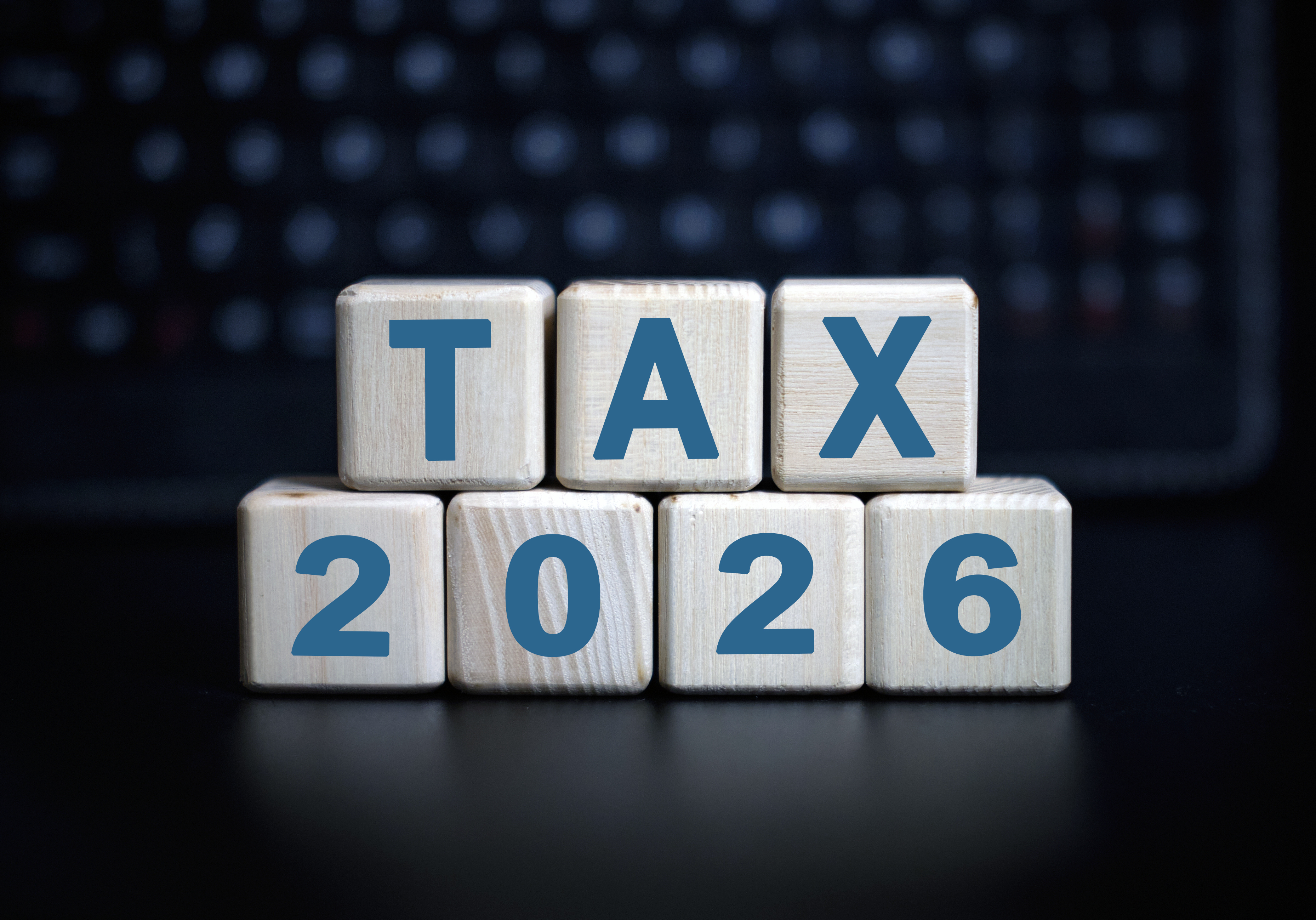Does Rental Income Count for IRA Contributions?
Rental income is considered "passive," and traditional and Roth IRA contributions must come from "active" income, or compensation from working.

Profit and prosper with the best of Kiplinger's advice on investing, taxes, retirement, personal finance and much more. Delivered daily. Enter your email in the box and click Sign Me Up.
You are now subscribed
Your newsletter sign-up was successful
Want to add more newsletters?
Question: I'm a retired real estate agent, and I manage rental properties. Does my rental income count as having a job for the purpose of contributing to an IRA?
Answer: No, earnings and profits from property don't count. Contributions to traditional and Roth IRAs must come from “active” income--that is, compensation from working. It can include wages, salaries, tips, professional fees, bonuses and other amounts you receive for providing personal services, as well as commissions and self-employment income. If you work for salary or wages, you'll receive an IRS Form W-2 for qualifying income, or if you're an independent contractor or are self-employed, you'll receive a Form 1099 MISC. Another way to know that your income qualifies is if you pay FICA or self-employment tax on it.
Earnings and profits from property, such as rental income, doesn't count as compensation. Rental income is considered passive income—that is, "money made on money," says Ed Slott, a CPA and IRA expert (www.irahelp.com). Interest and dividends are also forms of passive income.
From just $107.88 $24.99 for Kiplinger Personal Finance
Become a smarter, better informed investor. Subscribe from just $107.88 $24.99, plus get up to 4 Special Issues

Sign up for Kiplinger’s Free Newsletters
Profit and prosper with the best of expert advice on investing, taxes, retirement, personal finance and more - straight to your e-mail.
Profit and prosper with the best of expert advice - straight to your e-mail.
Slott suggests a couple of workarounds: You could form your own property-management company as a corporation or limited-liability company and become its employee. Then you could have a solo 401(k) (see www.irs.gov/retirement-plans/one-participant-401k-plans). Or, if you file a joint return with your spouse and your spouse has earned income, you could each contribute to your own IRAs --as long as your spouse earns enough income to cover each of your contributions. In that case, you can use your rental income to fund your spousal IRA.
For 2019, your total contributions to your traditional and Roth IRAs can't exceed $6,000 ($7,000 if you're age 50 or older) or your taxable compensation for the year, if your compensation was less than that dollar limit. If you and your spouse are funding a regular and spousal IRA, the combined contributions can't exceed the taxable compensation that you report on your joint return. Note that your Roth IRA contribution might be limited based on your filing status and income (see www.irs.gov/forms-pubs/about-publication-590-a).
Profit and prosper with the best of Kiplinger's advice on investing, taxes, retirement, personal finance and much more. Delivered daily. Enter your email in the box and click Sign Me Up.

-
 Why Some Michigan Tax Refunds Are Taking Longer Than Usual This Year
Why Some Michigan Tax Refunds Are Taking Longer Than Usual This YearState Taxes If your Michigan tax refund hasn’t arrived, you’re not alone. Here’s what "pending manual review" means and how to verify your identity if needed.
-
 If You'd Put $1,000 Into Caterpillar Stock 20 Years Ago, Here's What You'd Have Today
If You'd Put $1,000 Into Caterpillar Stock 20 Years Ago, Here's What You'd Have TodayCaterpillar stock has been a remarkably resilient market beater for a very long time.
-
 Good Stock Picking Gives This Primecap Odyssey Fund a Lift
Good Stock Picking Gives This Primecap Odyssey Fund a LiftOutsize exposure to an outperforming tech stock and a pair of drugmakers have boosted recent returns for the Primecap Odyssey Growth Fund.
-
 3 Smart Ways to Spend Your Retirement Tax Refund
3 Smart Ways to Spend Your Retirement Tax RefundRetirement Taxes With the new "senior bonus" hitting bank accounts this tax season, your retirement refund may be higher than usual. Here's how to reinvest those funds for a financially efficient 2026.
-
 5 Retirement Tax Traps to Watch in 2026
5 Retirement Tax Traps to Watch in 2026Retirement Even in retirement, some income sources can unexpectedly raise your federal and state tax bills. Here's how to avoid costly surprises.
-
 3 Retirement Changes to Watch in 2026: Tax Edition
3 Retirement Changes to Watch in 2026: Tax EditionRetirement Taxes Between the Social Security "senior bonus" phaseout and changes to Roth tax rules, your 2026 retirement plan may need an update. Here's what to know.
-
 New 2026 Tax Change Could Mean More for Your IRA and 401(k) Savings
New 2026 Tax Change Could Mean More for Your IRA and 401(k) SavingsRetirement Savings Here's how the new IRS inflation adjustments will increase the contribution limits for your 401(k) and IRA in the new year.
-
 10 Retirement Tax Plan Moves to Make Before December 31
10 Retirement Tax Plan Moves to Make Before December 31Retirement Taxes Proactively reviewing your health coverage, RMDs and IRAs can lower retirement taxes in 2025 and 2026. Here’s how.
-
 Claiming the Standard Deduction? Here Are Five Tax Breaks for Retirement in 2025
Claiming the Standard Deduction? Here Are Five Tax Breaks for Retirement in 2025Tax Tips If you’re retired and filing taxes, these five tax credits and deductions could provide thousands in relief (if you qualify).
-
 IRS Names Its First CEO: But He’s Also Still Running Social Security
IRS Names Its First CEO: But He’s Also Still Running Social SecurityTax News Will this new role make it difficult to address emerging issues like budget and staffing cuts and customer service concerns?
-
 IRS Phasing Out Paper Checks: Here's What to Know in 2026
IRS Phasing Out Paper Checks: Here's What to Know in 2026Tax Changes IRS tax refunds and Social Security paper checks are typically delivered online now. Will that impact your money?